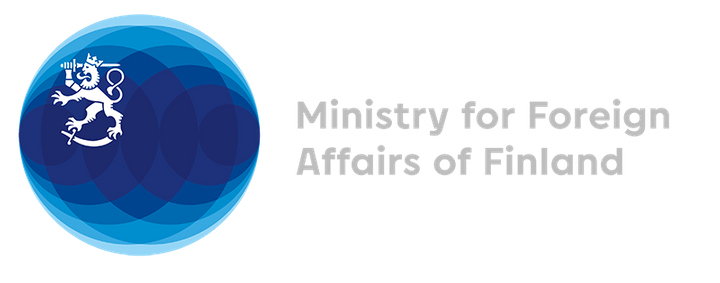Community / Land projects / F.a: Training of the next generation of renewable energy policymakers in Myanmar?s Shan State
F.a: Training of the next generation of renewable energy policymakers in Myanmar?s Shan State

€0
01/20 - 12/20
Завершено
This project is part of
Implementing Organisations
Donors
Data Providers
General
To build the capacity of the next generation of policy makers in Shan State in Myanmar, a holistic training program of several weeks is required. A major capacity gap is the ability to include energy development aspects (e.g. land lost due dam projects, de centralized alternatives) into the Land Law consultation process of 2020. In addition, the next generation of practitioners for advancing decentralized renewable energy (DRE) is also direly required to set forth a bottom up, scalable movement toward equita ble rural development. In this project, Kyun Ta Htaung Myae Foundation (KTHM) will implement a capacity building program to train the next generation of energy policy makers and practitioners in Nam San, Kunhing and Mong Nai townships the marginalized e thnic sub-region of the Salween River Basin. The program includes the following activities: 1) Training to develop specialized skillsets for policy development and DRE assessment for 20 young ethnic leaders and further 80 community-level technical lead ers (by the 20 trained young leaders), 2) Field-based, participatory research by the trained young leaders to map (a) land use issues as they relate to energy development, (b) DRE national resource, energy demand, and socio-environmental aspects, and (c) productive end use of energy focusing in rural agriculture end uses. 3) Development and presentation of field research outputs by the 20 young leaders to move forward DRE planning and implementation in the Salween River Basin for local inclusive energy planning 4) Policy recommendations and advocacy for the Land Use Law reacted and local level energy plan that outlines a project pipeline for short-term and medium-term DRE projects. Direct Beneficiaries will 100 young leaders of ethnic communities, a nd indirect beneficiaries include more than 1200 community members. Other stakeholders include national and international cooperation organizations, energy experts and micro hydro SMEs as well as government authorities from township level to state level. K THM works to create more space for women in its project planning and activities, it is hoped that 40% of the trained young leaders would be women. The implementing organisation is membership-based Kyun Ta Htaung Myae Foundation, located in Taunggyi. In i ts work, KTHM focuses on sustainable natural resource governance (including land rights, water governance and decentralized renewable energy), democratic processes, justice and peace issues.



